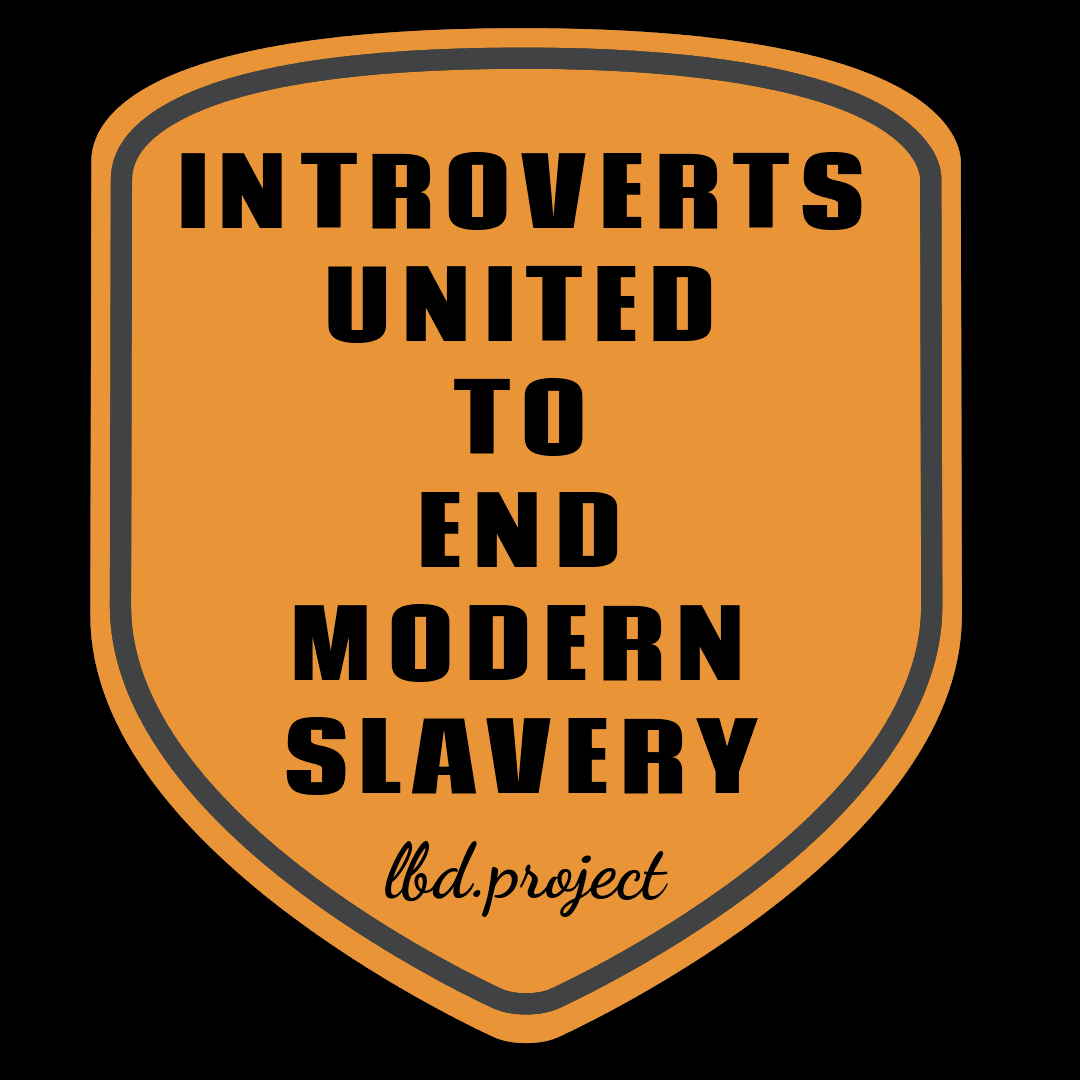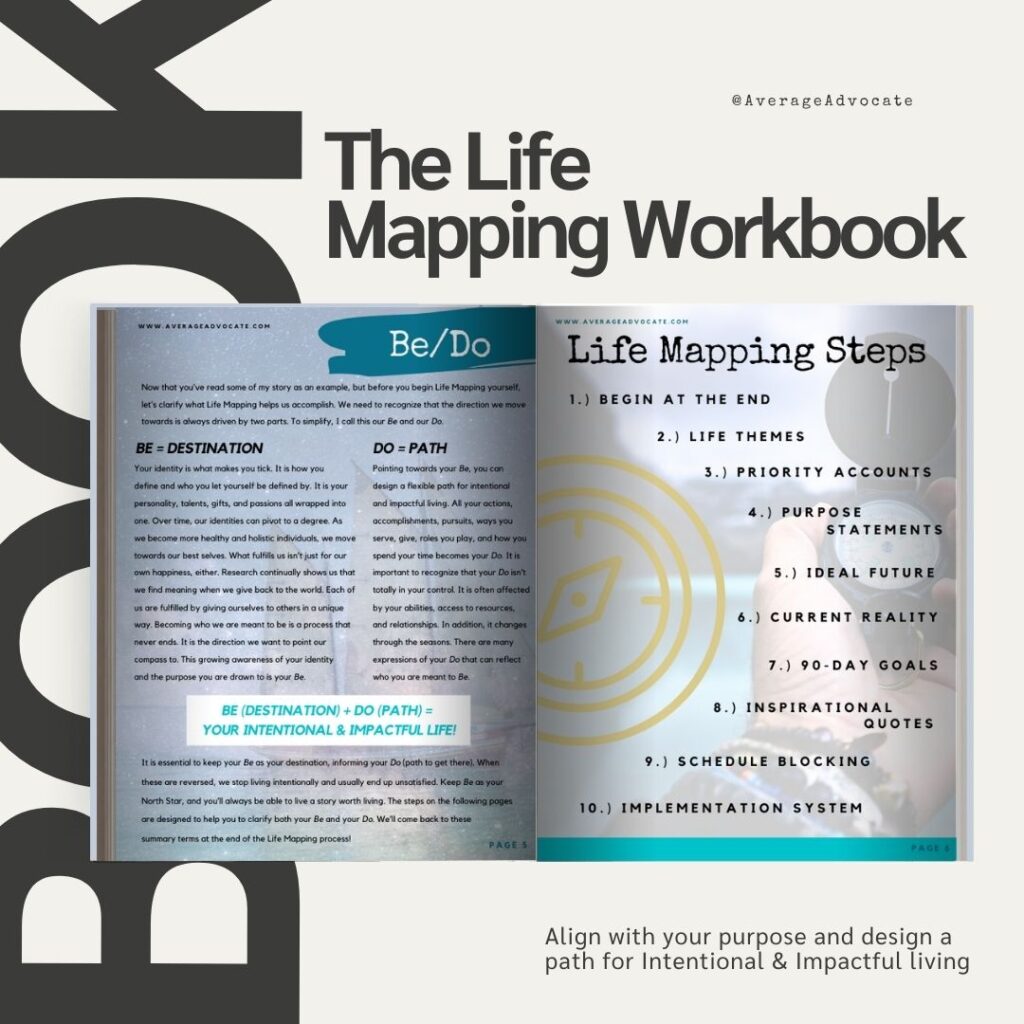Last year I wrote the short post Loving the Oppressor, and I still haven’t forgotten it. It revolutionized the way I see evil people.
Little boys are so weird. They talk about poop. For fun. Who cares about poop? I was observing at a group of ten or so elementary aged boys today. At first I was thinking they had a long way to go until they matured. After all, they can’t talk about poop in a room full of other adults. Or farting? And then I realized that maybe they didn’t have such a long way to go until they reached maturity. Because I have many times been in a room of adults males who are still talking about bodily functions with hysterical interest.
I also studied their behavior. If we asked them to do something, specifically something “silly” where they had to make noise or dance around, they wouldn’t do as they were told. Instead they automatically became immediately immersed in the facial expressions of the guys around them. You could see some were dying to jump up and be crazy. But they weren’t going to be the first one or the second one. To get going they would need to start simultaneously. In retrospect, to get them to stand up I guess I could have told them that there was a bug pooping in the corner of the room. Then I am sure they would all scramble over each other to see it!
 Instead I resorted to threat: “If you don’t stand up, I will make you all hold hands with each other!” That worked. Then they stood there, huddled in a clump for the duration of the song while all the girls around them sang and danced and twirled with glee (and without a self-conscious thought). But these little men were too cool.
Instead I resorted to threat: “If you don’t stand up, I will make you all hold hands with each other!” That worked. Then they stood there, huddled in a clump for the duration of the song while all the girls around them sang and danced and twirled with glee (and without a self-conscious thought). But these little men were too cool.
You see, I had the pleasure of teaching the kids class at my church today. I targeted the boys during the lesson to help them “engage.” This week we talked about Matthew 5:44 (NLT) “But I say, love your enemies! Pray for those who persecute you!” So after chatting with these guys for a few minutes about who they considered their enemies, I started asking them how they could live this idea out- loving those same people. They came up with some great ideas:
- Like not getting into fights with them.
- Giving them a towel to wipe their bloody nose. (Wait, what about the not fighting part?)
- Not egging their house for Halloween.
Yep. All great ideas on how to love your enemy. And I’m not being sarcastic. I wouldn’t want my house egged by my enemies.
Looking at verses 46 and 47 (Message):
“If all you do is love the lovable, do you expect a bonus? Anybody can do that. If you simply say hello to those who greet you, do you expect a medal? Any run-of-the-mill sinner does that.”
First off, let me assure you. I am a run-of-the-mill sinner. We’ve all got our skeletons we need some redemption for.
Yet in another version of the same verse, the sinner is called the “corrupt tax collector.” That makes more sense to me. I don’t like corrupt and greedy tax collectors.
What was Jesus was saying right here? He was saying we are no better than the evil people we don’t like. The evil people we hate because of the evil stuff they do.
Although we might not be pimping out women, forcing kids to kill their parents, taking advantage of the poor in their faces, acting like nasty political scum-bags, or ignoring the starving families walking down our streets who are looking for work–internally our character might look identical the bad guys who do these things.
political scum-bag oppressors,
Just because we don’t love any differently than they do. Ouch.
Being different is loving the one we want to hate.
For you justice-lovers out there, the concept of loving the oppressor might drive you crazy. Let me remind you, Jesus isn’t saying the corrupt tax collector isn’t acting evil. He isn’t saying these guys get off the hook, either. God is in charge of justice and vengeance. And He is fair. My personal vendetta won’t do nearly as good of a job as God can do. I am not saying you should look the other way when you see injustice carried out, either. We should be carrying out justice and I think righteous anger is okay. But not a personal grudge against those who are our enemies. But not condemning or just looking the other way when maybe we should at least consider that we should act lovingly to an evil person.
I am just acknowledging this: Like a typical teaching of Jesus, He is shaking the waters a little. He is giving some counter-intuitive advice so we could have a better life. He doesn’t teach us things to make our lives miserable by forcing us to obey the rules to make God happy. He gives us guidelines that He knows will actually protect us from being miserable and will make God look good. So, I conclude that God is telling us to love the unlovable one, the bad guy, the evil-sicko who hurts others, maybe for even our own good. I don’t know how “love” tangibly looks to these enemies, but maybe if we love them, it might actually bring them closer to changing their lives around.
Now, I’m not sure I’ve got this totally right on the money theologically. I’d like to know what you think. I am pretty sure the boys in the kids class I taught today are less mature than us in many ways, but even they agreed that there was more they could do to love their enemies. Let’s follow their example of at least considering what that would look like. It can’t hurt to consider what it means to love our enemy when it comes to international and social issues.
Ideas for Action
Check Your Heart
Honestly, I can’t really give “ideas” on how to love an enemy. There is no generic thing, and its not like we want to start The Non-Profit for Assisting Evil People (NPAEP), giving blankets, food, and loans to those who are responsible for carrying out the major social evil’s in our world. But we can check our heart. We can ask God to show us if we have crossed the line of a righteous anger for justice, to an internal personal grudge that will hurt us. I think this passage from Psalm 139:21-24 (NLT) goes with this pretty well:
21 O Lord, shouldn’t I hate those who hate you?
Shouldn’t I despise those who oppose you?
22 Yes, I hate them with total hatred,
for your enemies are my enemies.23 Search me, O God, and know my heart;
test me and know my anxious thoughts.
24 Point out anything in me that offends you,
and lead me along the path of everlasting life.
To me, David’s anger seems a little more than “righteous anger.” It seems pretty personal. But I don’t really know. But I do know that He took it to God. I am pretty sure that if we ask God to show us if there is something not entirely right in our attitude towards our enemies, He can show us and change us. And if we don’t want our attitude towards evil to be checked, then maybe there is something wrong which is actually keeping us from being as effective of an advocate for the hurting as we want to be.
Pray for Your Enemies
Prayer. It is so much easier to pray for the hurting person and the one who is oppressed than the one who is doing the hurting. For many of us, caring about the victim of trafficking is what got us to be an advocate in the first place. But to pray for the pimp? To pray for the leaders of the Lord’s Resistance Army? Of Burma? The person who sells people into slavery? Of the Islamic extremist who tries to blow people up? Heck no! But Jesus taught us in this passage to love our enemies; to pray for our enemies.
This website, Adopt a Terrorists for Prayer, has to be one of the most unique ideas I’ve ever seen to pray for your enemy. Maybe you can come up with an idea to get you to pray for your enemies who are responsible for perpetuating the things that break your heart.












I love this post! I was just reading through that passage about loving our enemies this past month. I think one of the simplest ways I have been convicted of loving my enemies is not laying on my horn when someone cuts me off in traffic…or not rolling my eyes at the person in a hurry leaving Target who lets the door slam on my kid’s face. Or being nice to a family member who REALLY drives me crazy…it can be small. I agree though, that prayer is one of the most effective ways to love our enemies. Jesus died for them too. If by showing them Christ-like love through our actions opens the door for them to come to know Him, then how could we NOT think it’s important to love our enemies? It’s an eternity on the line after all.